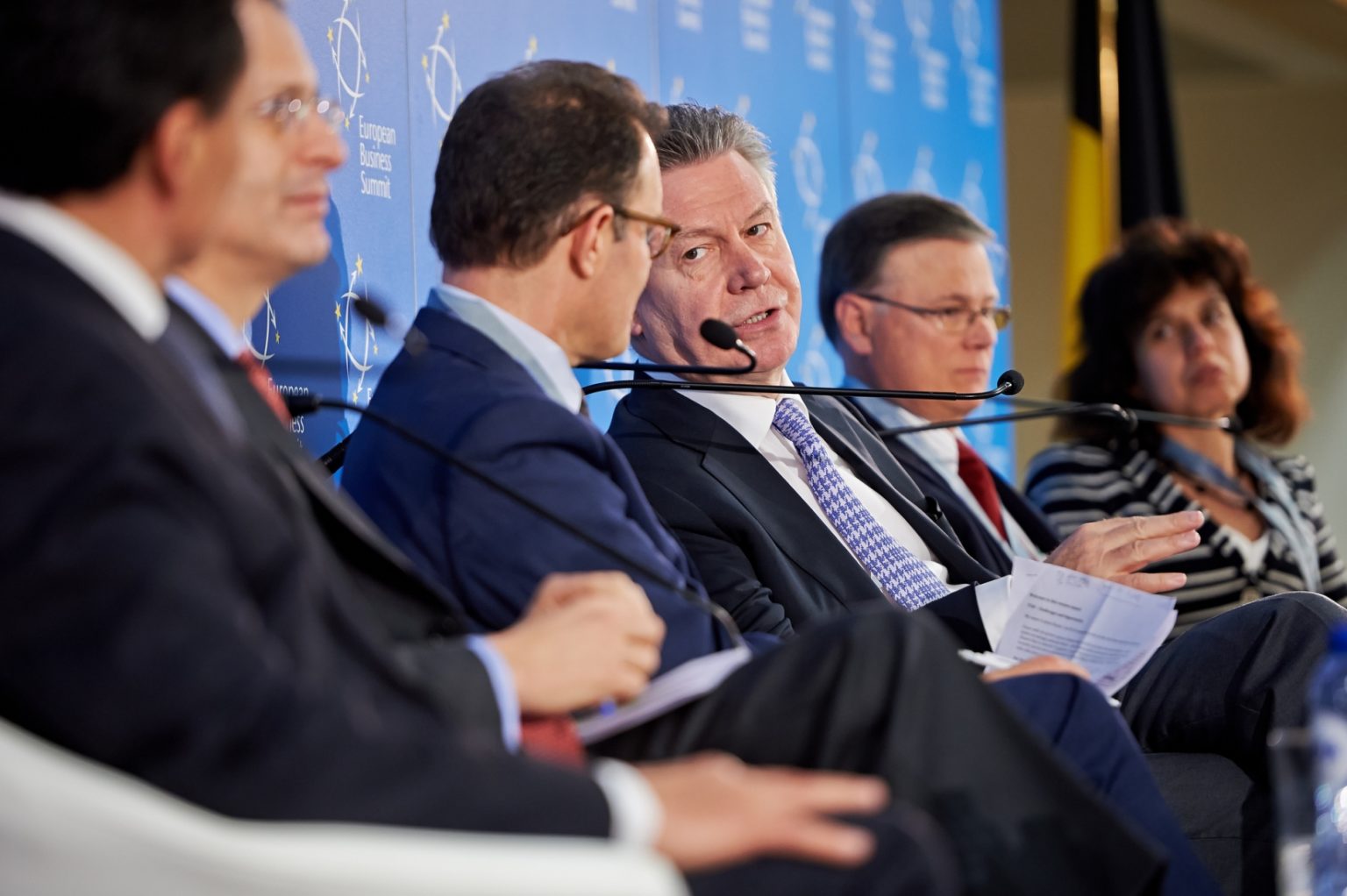New documents reveal that the European Commission assured ExxonMobil at the very start of negotiations on the major US–EU free trade deal that the deal would help remove obstacles to expanding fossil fuel development in Africa and South America.
The documents, obtained by the Guardian, show that in October 2013 – just three months into negotiations – trade commissioner Karel de Gucht held an hour-long conversation with Exxon in which he told the oil giant that the Transatlantic Trade and Investment Partnership (TTIP) would ease its concerns about restrictive regulations in developing countries.
As a briefing paper for de Gucht reads: “TTIP is perhaps more relevant as setting a precedent vis-a-vis third countries than governing trade and investment bilaterally.
“We think that this third country element is in the interest of the energy sector, and especially globally active companies like Shell or Exxonmobil. After all, companies like Shell or Exxonmobil face the same trade barriers when doing business in Africa, in Russia or in South America.”
As the Guardian’s Arthur Neslen described: “The commission was in effect saying that once the trade deal was in place, other countries outside it would be progressively forced to adopt the same measures, making it easier for companies such as ExxonMobil to expand into their markets.”
“The briefing paper said that the TTIP talks were a unique chance to write a new rule-book for global trade that ‘could serve as a model for subsequent negotiations involving third countries’.”
The heavily redacted records show that in addition to de Gucht, two officials from Exxon’s US and EU operations were present in the room along with the then-trade commissioner Claes Bengtsson, and two other unidentified individuals.
You can read the full story here at the Guardian.
Want to know more about Exxon’s activities in the EU? Check out DeSmog UK’s series here.
Photo: Karel de Gucht at the European Business Summit via Flickr
Subscribe to our newsletter
Stay up to date with DeSmog news and alerts






